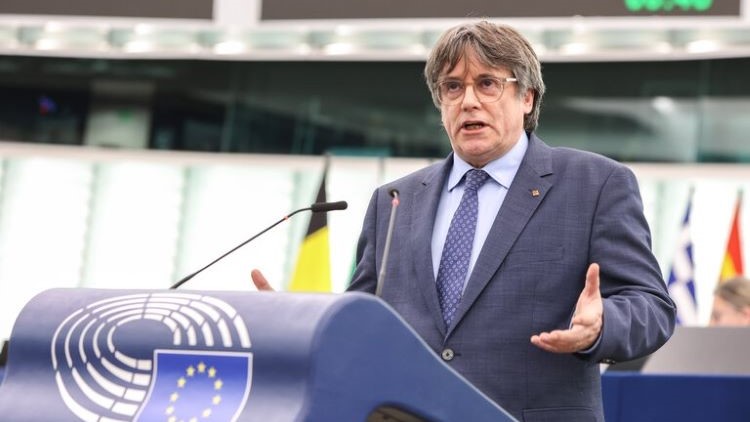Eduardo González
The Government has recognized that Spain, “like other countries in our European and international environment”, is “vulnerable to foreign interference in the information space” and, for this reason, since 2018 “initiatives have been carried out both national and EU level to limit the impact of disinformation campaigns by foreign actors.”
This is how the Executive responded on May 17 to a written parliamentary question from MPs Esteban González Pons and Carlos Javier Floriano (PP) about “the Government’s opinion about whether Spain is vulnerable to foreign interference and manipulation campaigns.”
“Spain, like other countries in our European and international environment, is vulnerable to foreign interference in the information space,” said the Executive. “On the other hand, since 2018, initiatives have been carried out at both the national and EU levels to limit the impact of disinformation campaigns by foreign actors,” it continued.
In the Spanish sphere, various regulations have been adopted, such as Order PCM/1030/2020, of October 30, on the Procedure for Action against Disinformation, or Order PCM/541/2022 of June 10, on the creation of the Forum against disinformation campaigns in the field of National Security, the Executive explained. “At the European level, there are numerous initiatives, highlighting the recent approval of the EU Regulation on digital services, with provisions on the matter,” it added.
Last February, the European Parliament approved a resolution denouncing the interference of the Russian security services in the independence process in Catalonia. Likewise, the text called for an investigation into the links between several MEPs, including the former president of the Generalitat Carles Puigdemont, and the Russian Government of Vladimir Putin, and asked Spain to intensify and accelerate its investigations into Russia’s role in secessionism. Catalan.
Around the same time, the EU High Representative for Foreign Affairs and Security Policy, Josep Borrell, recognized in Madrid that foreign interference represents a threat in electoral processes in Europe and recalled that, for this reason, the External Action Service of the EU has a program to fight against this foreign interference and the misinformation that is produced on the occasion of the holding of elections at the European level.
A month later, the Russian ambassador in Madrid, Yuri Klimenko, flatly denied – in statements to the Europa Press agency – that Russia had interfered at any time in Catalonia and described as “unfounded” the accusations about alleged contacts of Russian citizens with leaders. independentists. Likewise, he criticized the aforementioned resolution of the European Parliament, which “has long become a platform to heat up rampant anti-Russian propaganda and Russophobia” while declaring “the fight against disinformation as one of its main tasks.”







